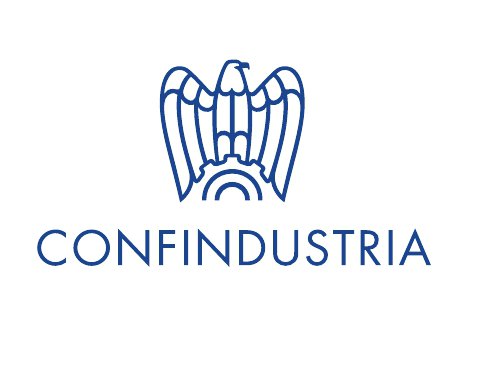On Wednesday, 13 March, the European Parliament approved the Artificial Intelligence (AI) Act, the first of its kind in the world, which aims to protect fundamental rights, democracy, the rule of law and environmental sustainability from high-risk AI systems, while promoting innovation and ensuring Europe's leadership in the field. The regulation establishes obligations for AI based on the possible risks and level of impact.
MEPs approved the regulation, the result of an agreement reached with member states in December 2023, with 523 votes in favour, 46 against and 49 abstentions.
The new rules outlaw certain AI applications that threaten citizens' rights. These include biometric categorisation systems based on sensitive features and the indiscriminate extraction of facial images from the internet or CCTV recordings to create facial recognition databases. Emotion recognition systems in workplaces and schools, social credit systems, predictive policing practices (if based solely on profiling or assessment of a person's characteristics) and systems that manipulate human behaviour or exploit people's vulnerabilities will also be banned.
There are also clear obligations for other high-risk AI systems (which could cause significant damage to health, security, fundamental rights, the environment, democracy and the rule of law). This category includes uses related to critical infrastructure, education and vocational training, employment, basic public and private services (e.g. healthcare, banking, etc.), certain law enforcement systems, migration and border management, justice and democratic processes (such as systems used to influence elections). For these systems, there are obligations to assess and mitigate risks, maintain usage records, be transparent and accurate, and ensure human oversight. Citizens will have the right to complain about AI systems and to receive explanations about decisions based on high-risk AI systems that affect their rights.
The regulation still has to undergo final verification by the lawyer-linguists and should be definitively adopted before the end of the parliamentary term (rectification procedure). In addition, the law still has to be formally approved by the Council. It will enter into force 20 days after publication in the Official Journal of the EU and will start to apply 24 months after entry into force, except for: prohibitions on prohibited practices, which will apply from six months after entry into force; codes of good practice (nine months after); rules on AI systems for general purposes, including governance (12 months); and obligations for high-risk systems (36 months).[Source: Parlamento Europeo]



